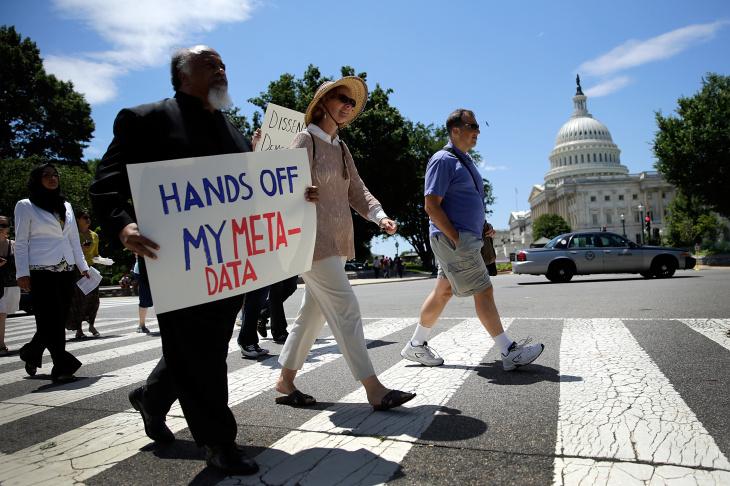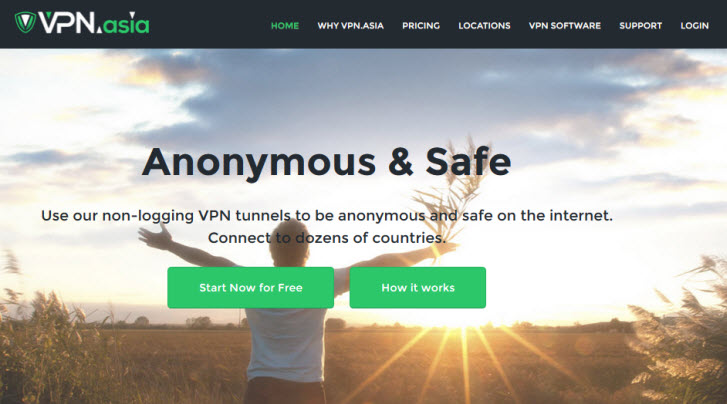It’s the worst nightmare for individual privacy. Starting October 13, 2015, Australia set a new law regarding privacy. Everything we fear the most is included in this new meta data retention scheme. With this law, Australia government can access every text message, phone call, and email you make. Everything we dream of private browsing is no longer exist.
This law was supposed to deal with organized crimes only. Yet, somehow it turned to privacy hacking. While everyone wants to stay private, the government wants to ‘keep everything under control.’ There won’t be freedom. Wherever you are, you can’t escape. With this data retention law, we are already in jail.
So, what Australians think about this law? Earlier this year, an Essential poll tried to figure that out. Around 40% Australians think this law will help them counter terrorism. The other 44% thinks it won’t. Terrorists aren’t stupid. They won’t spoil their strategies on the web. They won’t text it or call they friend about it. If we won’t to stop terrorism, we better focused on specific group. Spying on everyone will be only a waste of time, money, and resources. Then, what will we get? Nothing. Perhaps, this is why the other 16% think they’ve o idea about this data retention law.
How did it happen?
Want someone to blame? It should be the Labor and Liberal government. The Labor brought it first in 2012. Then, somehow the Liberal joined the sides. With both sides already proposing it, this new law passed the chamber easily. According to them, this new rule should help the law enforcement agencies to shed light on organized crimes. Using advanced technologies, perhaps they can prevent what supposed to be threat in the future. For that, they need access to everyone’s device in the country. For the sake of our ‘security,’ we must sacrifice our privacy. Are you ready to lose it? This data retention plan may be the beginning of something big. Are you ready to lose more then?
What things does the data retention collect?
The new law was supposed to help counter organized crimes. But, what if the law itself is still unclear? What does it collect? Does this data retention include personal information?
We’re not sure about the answers. Not even after reading the whole article. However, we managed to learn the general idea. All mobile and internet service providers are subject to store your metadata for 2 years.
So, what does your metadata tell? Everything. By digging your metadata, the new data retention plan will have access to the following information:
- Name, billing information, and address
- Telephone number
- Email address
- IP address
- Upload and download activities, including volumes
- Destination(s) and source(s) of your communication
- Duration, time, and date of your communication
- Type(s) of service you use. It includes social media, text messaging etc.
- Location of your telecommunication and/or equipment device
- Territory, state, and commonwealth police forces, anti-corruption, and major crime comissions
- The Australian Customs and Border Protection Service
- Other law-enforcement agencies.
So, what’s actually a meta data?
Metadata is a bunch of data about your personal data. For example, each call you make has its own meta data. A call meta tells everything, from whom you call to call duration. Even though it doesn’t include things you speak over the phone, there’s still plenty sources to dig about it. Your browsing meta data, at the other hand, has more specific details
- Browsing history
- Download and upload history
- Location history.
- Image geo-location
- Picture settings.
- Device information, etc.
Getting these stuffs from your meta data is not just hijacking your privacy. It’s also expensive. Government should pay at least $131 million of AUD to get this data. So, why should the legislators pushed the data retention law? Is there something they hide from us? They’ve hijacked your privacy. Now, they also spend your money. Why don’t they think something better to spend the money? Improving social service, perhaps?
We’ve learnt enough about online security. Browsing anonymously can help us gain our freedom, at least on the web. Now, they come with data retention law. So, tell us, is there a place left where we can live freely?
Can You Escape from This Law?
As if hackers are not enough, governments begin to spy on us. As a citizen, we are bound to obey this meta data retention law. However, as a person, we do deserve for freedom. We deserve for a free life both on the real life and web. Nothing can keep you from having this freedom. Not even the government.
Wait for a second! Does that mean I can still browse the web anonymously? Does it mean I can leave no internet trace?
Well, of course you are. That’s why we are here.
VPN Asia is the world’s #1 non-logging VPN provider. We exist to grant you online freedom. Everyone is born to be free. Nothing and no one should stand between you and freedom. If your government wants to keep their eye on you, we’ll keep you off their radar. No matter the reasons they make this meta data retention law, you’ll be invisible to them.
Want to know how we do that? Check out this article. You’ll be amazed.
Also, don’t forget to try our service. We’ve free trial for you. Use that to find out how much we can do for you 🙂
 English
English
 German
German Dutch
Dutch Thai
Thai Chinese
Chinese

